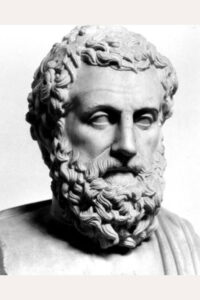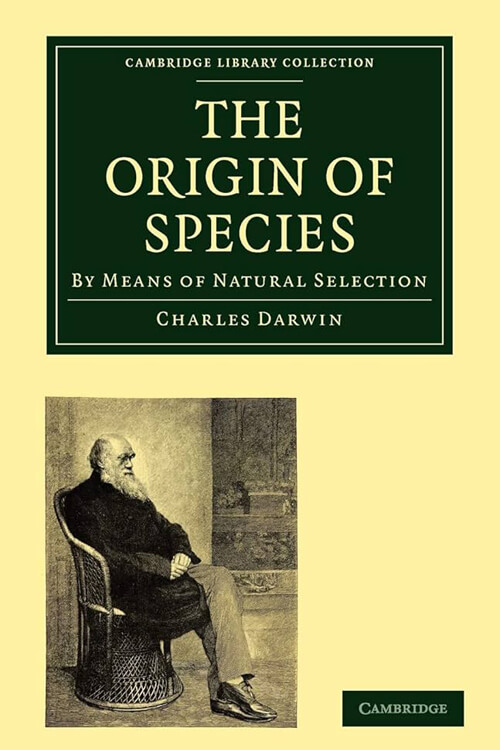
Ethics
Aristotle first used the term ethics to name a field of study developed by his predecessors Socrates and Plato, devoted to the attempt to provide a rational response to the question of how humans should best live. Aristotle regarded ethics and politics as two related but separate fields of study since ethics examines the individual’s good. In contrast, politics examines the good of the City-State, which he considered the best type of community. Aristotle’s writings have been read more or less continuously since ancient times, and his ethical treatises, in particular, continue to influence philosophers working today. Aristotle emphasized the practical importance of developing excellence (virtue) of character (Greek ēthikē aretē) as the way to achieve what is finally more important, excellent conduct (Greek praxis).
As Aristotle argues in Book II of the Nicomachean Ethics, the man who possesses character excellence will tend to do the right thing at the right time and in the right way. Bravery and the correct regulation of one’s bodily appetites are examples of character excellence or virtue. So acting bravely and acting temperately are examples of excellent activities. The highest aims are living well and eudaimonia – a Greek word often translated as well-being, happiness, or “human flourishing”. Like many ethicists, Aristotle regards excellent activity as pleasurable for the man of virtue. For example, Aristotle thinks that the man whose appetites are in the correct order takes pleasure in acting moderately. Aristotle emphasized that virtue is practical and that ethics aims to become good, not merely to know.
Aristotle also claims that the right course of action depends upon the details of a particular situation rather than being generated simply by applying a law. The type of wisdom that is required for this is called “prudence” or “practical wisdom” (Greek phronesis), as opposed to the wisdom of a theoretical philosopher (Greek sophia). But despite the importance of practical decision-making, in the final analysis, the original Aristotelian and Socratic answer to the question of how best to live, at least for the best types of humans, was, if possible, to live the life of philosophy.
Read or download Book
Aristotle
Aristotle ( 384–322 BC) was an Ancient Greek philosopher and polymath.
Biography
His writings cover the natural sciences, philosophy, linguistics, economics, politics, psychology, and the arts. As the founder of the Peripatetic school of philosophy in the Lyceum in Athens, he began the broader Aristotelian tradition that followed, setting the groundwork for modern science’s development. Little is known about Aristotle’s life. He was born in Stagira in northern Greece during the Classical period. His father, Nicomachus, died when Aristotle was a child, and he was brought up by a guardian. At 17 or 18, he joined Plato’s Academy in Athens until age 37 (c. 347 BC). Shortly after Plato died, Aristotle left Athens and, at the request of Philip II of Macedon, tutored his son Alexander the Great beginning in 343 BC.
He established a library in the Lyceum, which helped him produce hundreds of books on papyrus scrolls. Though Aristotle wrote many elegant treatises and dialogues for publication, only around a third of his original output has survived, and none intended for publication. Aristotle provided a complex synthesis of the various philosophies existing before him. His teachings and methods of inquiry have had a significant global impact. As a result, his philosophy has exerted an influence across the world, and it continues to be a subject of contemporary philosophical discussion. Aristotle’s views profoundly shaped medieval scholarship. The influence of his physical science extended from late antiquity and the Early Middle Ages into the Renaissance and was not replaced systematically until the Enlightenment and theories such as classical mechanics were developed. Some of Aristotle’s zoological observations found in his biology, such as on the hectocotyl (reproductive) arm of the octopus, were disbelieved until the 19th century.
He influenced Judeo-Islamic philosophies during the Middle Ages and Christian theology, especially the Neoplatonism of the Early Church and the academic tradition of the Catholic Church. Aristotle was revered among medieval Muslim scholars as “The First Teacher”, and among medieval Christians like Thomas Aquinas as simply “The Philosopher”, while the poet Dante called him “the master of those who knows”. His works contain the earliest known formal study of logic and were studied by medieval scholars such as Peter Abelard and Jean Buridan. Aristotle’s influence on logic continued well into the 19th century. In addition, his ethics, though always influential, gained renewed interest with the modern advent of virtue ethics.






